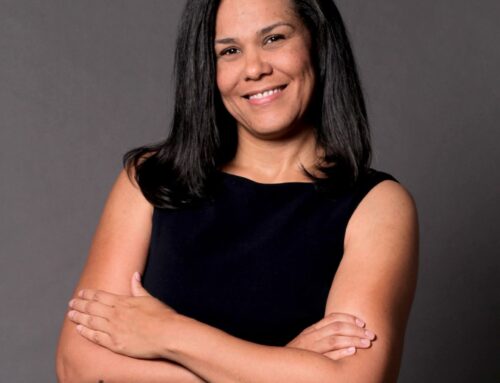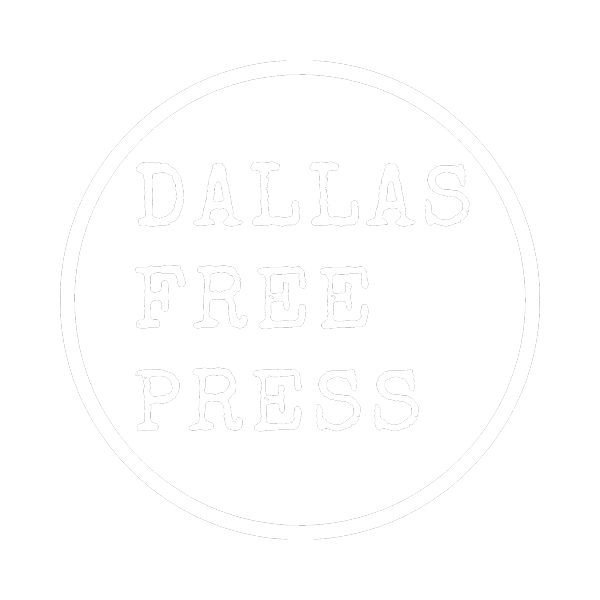This mental health podcast from a South Dallas native recognizes we all need help
News Article Article pages that do not meet specifications for other Trust Project Type of Work labels and also do not fit within the general news category.
Co-published by our media partner, the Dallas Weekly
NiEtta Reynolds always tells herself that “you don’t know what you don’t know.” It’s a statement that has consistently held true for her.
After a close friend committed suicide, Reynolds felt it even more. The two worked together at Nordstrom, and although the signs were there, Reynolds did not know how to read the signs. The Black community she grew up in didn’t discuss mental health, and at that moment, all she wanted to know was, “Why?”
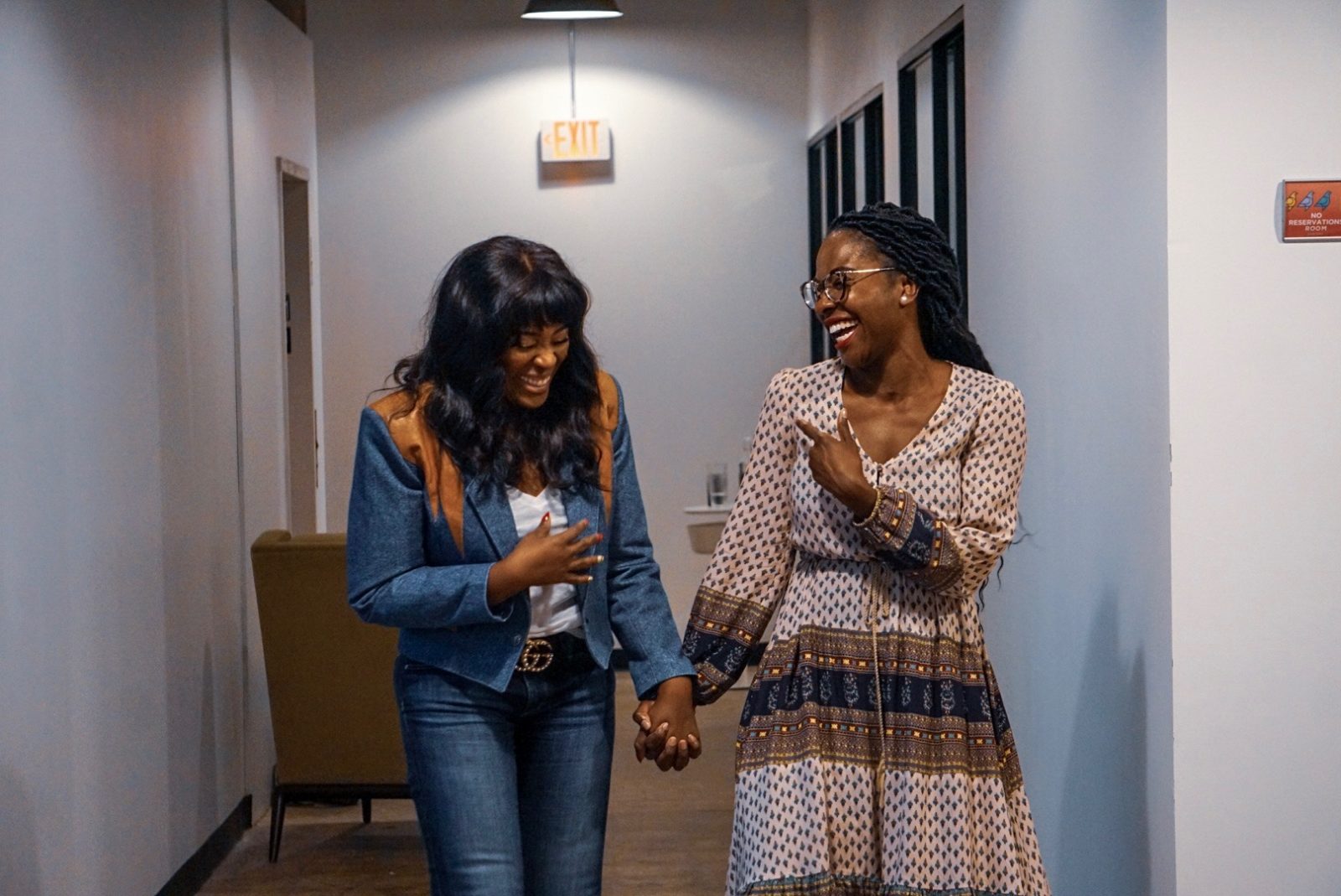
“When my friend died, I was confused,” Reynolds says. “Many cultures, especially minority cultures, don’t talk about mental health. It’s almost an embarrassment. People are embarrassed to talk about how you feel, or how they’ve been mistreated. It’s almost like you’re weak.”
Reynolds didn’t want anyone else to feel the way she did that day, which is what led her to launch The Help Show in 2016. For Reynolds, a South Dallas native who grew up in the South Blvd/Park Row neighborhood, The Help Show has been a spiritual journey that has allowed her to process her grief.
“I wanted to be able to start something to take some preventive measures,” Reynolds says. “I think if you teach people what to do, then you can help people.”
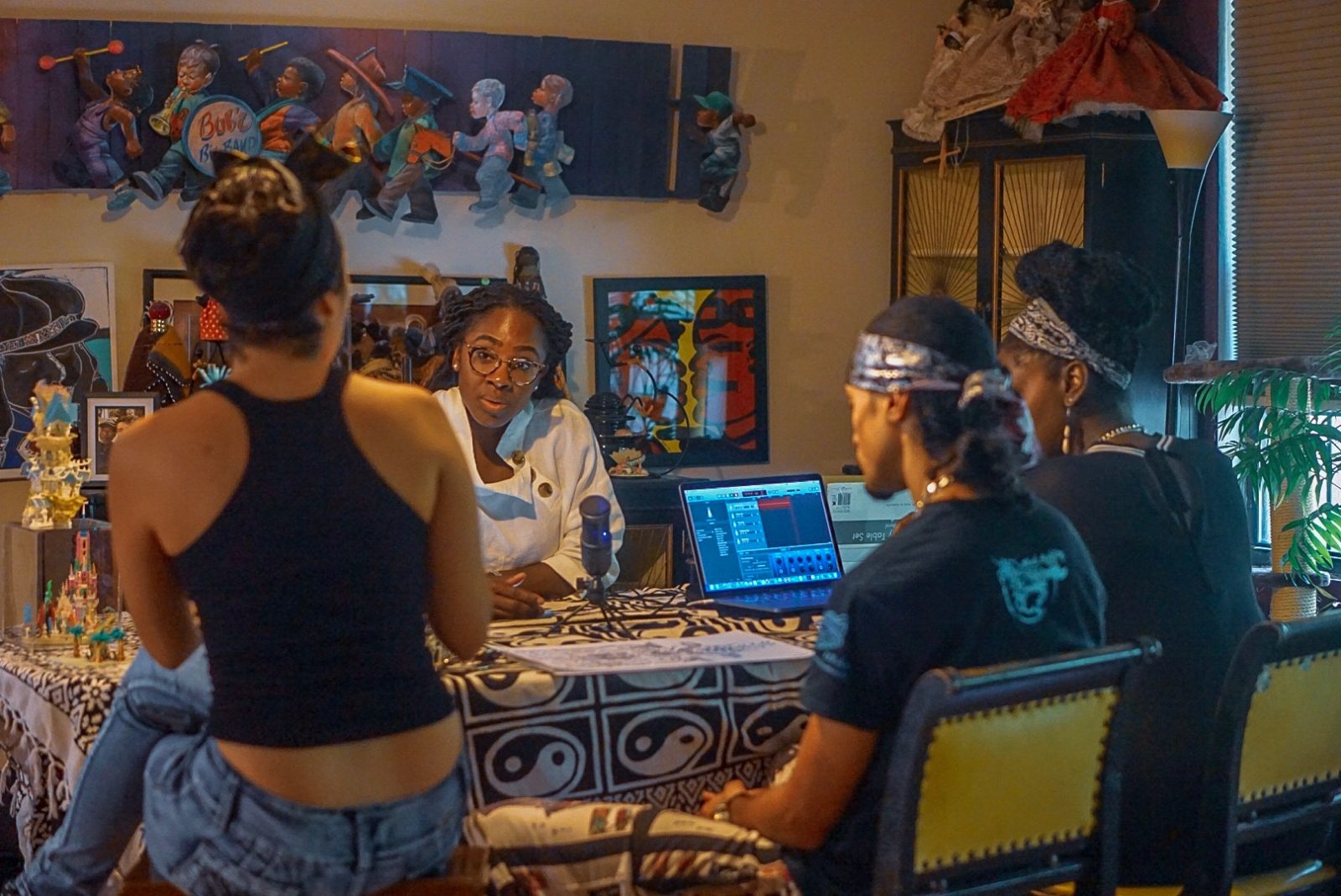
The Help Show is a nonprofit designed to connect people to mental health resources in their communities. Through their podcast, newsletter, and website, Reynolds and her team are able to begin the mental health discussion with listeners.
The organization grew as more people heard Reynolds’ story. Jimesa Duckworth, the chief strategist of The Help Show, joined the team because she was inspired by Reynolds’ motivation.
“I’ve learned that there is a very huge disconnect between mental health professionals, mental health services, and mental health needs amongst individuals who aren’t fully aware of the challenges that they are facing,” Duckworth says. “There’s a stigma behind it, there’s a lot of ignorance behind it, but it doesn’t take away the fact that there’s help that’s needed.”
The Help Show breaks down these stigmas by not only hosting conversations on their podcast, but also providing resources to audiences. Nicole Smith is the communication strategist who researches resources in different Dallas and North Texas communities.
Smith says that The Help Show is much more than a podcast.
“I think that The Help Show does a fantastic job of, No. 1, just making it OK to need mental health support, and then showing people the ways they can access it within their means,” Smith says.
When members of their audience reach out for help, The Help Show caters support to each person, Smith emphasizes.
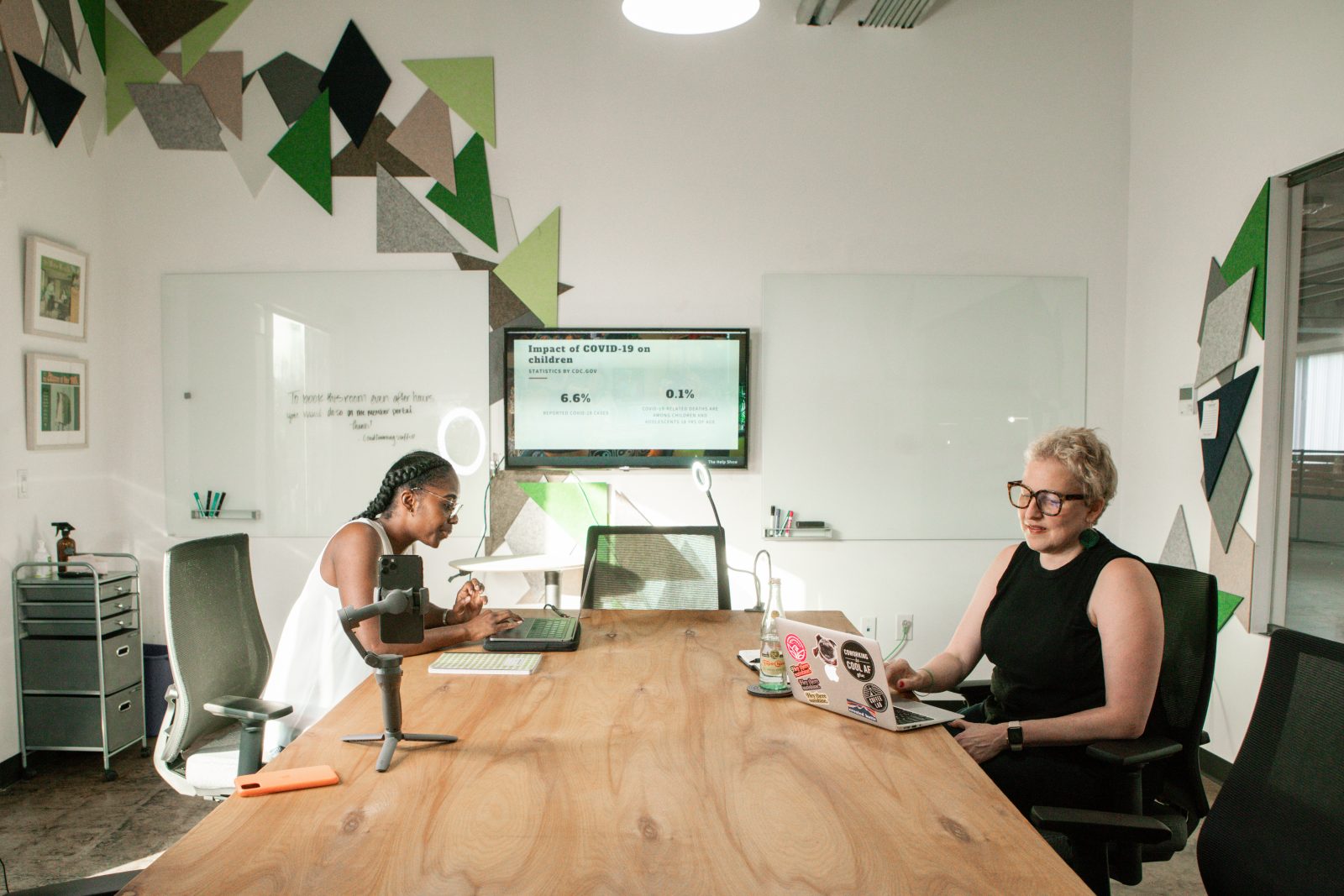
“They create avenues for individuals to be able to get answers to their questions,” Smith says. “The organization will work with them to find the right resources and support them based on their individual needs.”
For many people, money is a barrier into contacting mental health resources, Duckworth says. Because of this, The Help Show is working to identify organizations that will offer pro-bono resources starting at the end of 2020 or the beginning of 2021.
“There’s a disconnect between insurance, billing costs and things of that nature, and being able to seek out the professionals that are needed,” Reynolds says. “If there was a way to help the listeners to be able to start that conversation at little to no cost to them, initially, there may be more participants willing to seek the help that they need.”
This is what the goal of The Help Show is. At the end of the day, the organization hopes to enable its audience to either help themselves or those around them. In other words, to rephrase Reynolds’ favorite saying, to teach people what they don’t know.
“I would urge individuals to tune in for not only for themselves but for someone that they know, to be able to help them to help themselves,” Duckworth says. “I think there’s no time like the present to focus on self care and mental health.”


